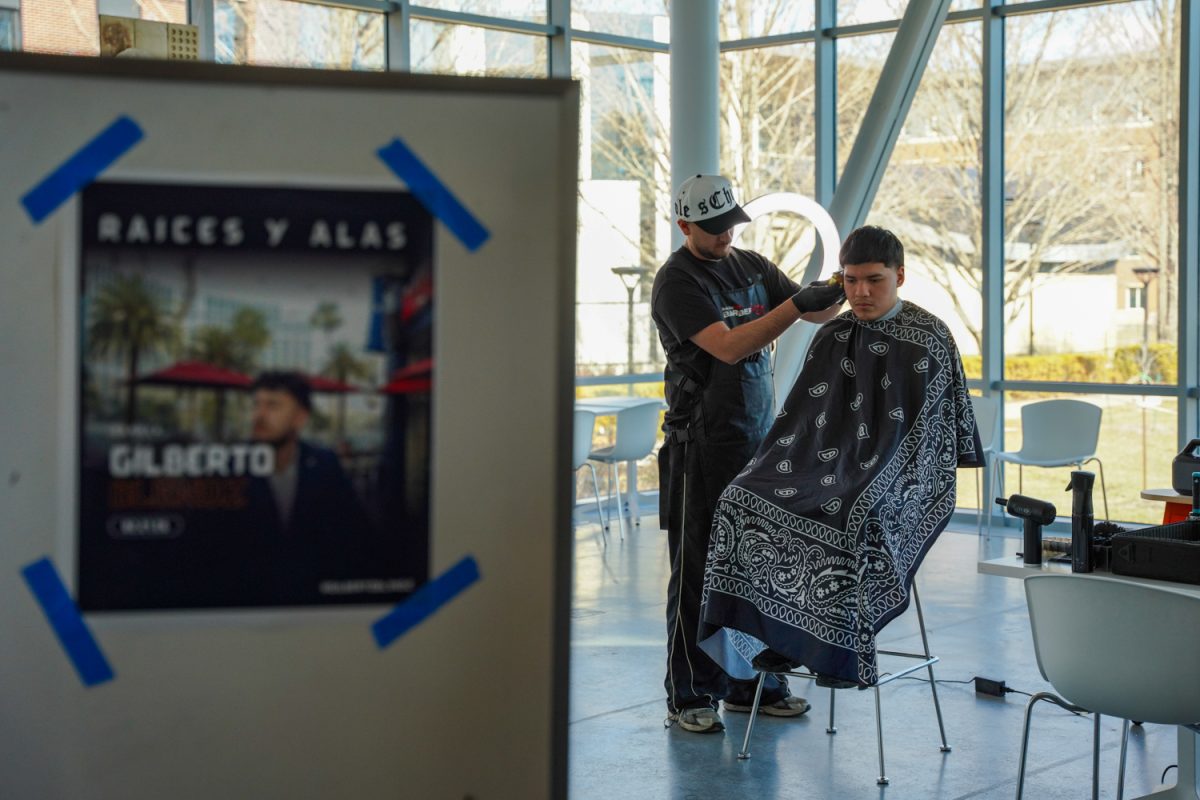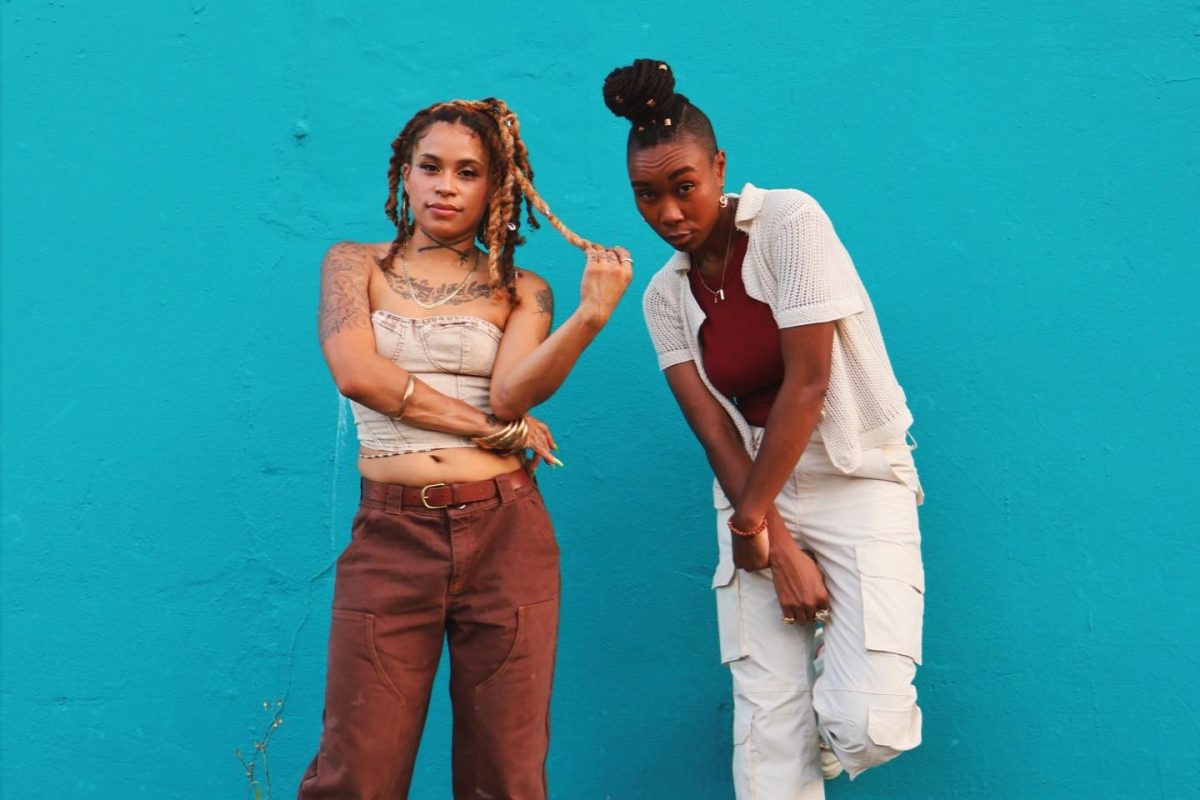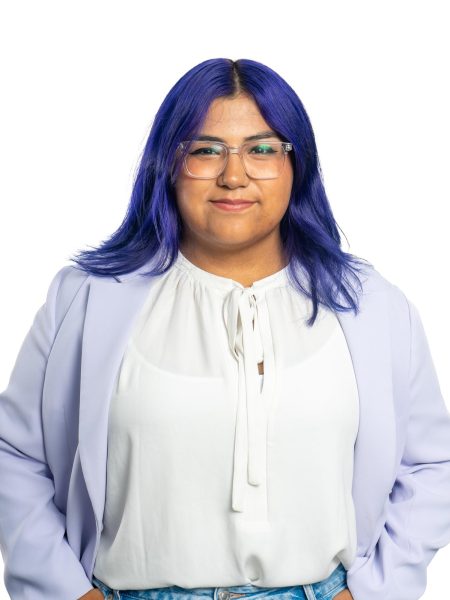The Filipino Americans Coming Together Conference, an annual cultural event held for over 30 years, announced its new name on Sept. 3 via Instagram. By changing its name to Filipinx American Coming Together, FACT aims to promote inclusion within the community.
Hosted by the Philippine Student Association, FACT is an annual celebration that unites the community and honors cultural heritage. This year’s conference, set for Dec. 6-7, will feature the theme “Magbubunga: Planting Prosperity.”
FACT includes panelists, performances, workshops and a business market to embrace its mission. The event has grown into the Midwest’s largest cultural gathering for the Filipinx community, bringing in over 1,000 delegates annually.
“It’s our job as conference coordinators to create a safe, welcoming environment for our delegates where people feel comfortable expressing themselves,” said Kristel Ong, senior in AHS and FACT co-coordinator.
According to Ong, coordinators initially hesitated to rename the event due to conversations surrounding the term “Filipinx.” The suffix “x” does not align with Tagalog, the first language used in the Philippines.
Get The Daily Illini in your inbox!
The term “Filipinx” emerged around the mid-2010s, alongside “Latinx,” which began appearing in academia, activism and community circles in the United States. Both terms aim to replace the gendered suffix “-o” or “-a” in Spanish grammar, promoting gender-neutral inclusion.
In 2020, Dictionary.com included “Filipinx” in an update of 650 new words, defining it as “of or relating to people of Philippine origin or descent, especially those living in the United States.”
According to Dictionary.com, while the original term “Filipino” aligns with earlier gendered Spanish language conventions, many people in the Philippines consider its usage in their country as gender inclusive.
Despite differing opinions on the term’s adoption, the prevalence of “Filipinx” in media has grown, prompting many institutions to adopt it. Jayson Parba, assistant professor and program coordinator in Filipino language and culture at the University of Hawaiʻi at Mānoa, noted in an email that the university has used “Filipinx” during the Filipinx Graduation every spring.
At the University, the term “Filipinx” has appeared in scholarly events in academic fields, such as linguistics, sociology and gender studies recently. FACT’s statement in September expanded the attention on the term, shifting it from an academic focus to a broader community perspective.
“We acknowledge the discussions surrounding the term ‘Filipinx,’ but we prioritize inclusivity and believe it is crucial to support the LGBTQIA+ community both within the diaspora and in the Philippines,” the official statement from FACT said.
FACT coordinators said they recognize the challenges of adopting the term within the organization.
“It’s not an easy change for anybody,” said Hahnbit Lee, senior in AHS and FACT co-coordinator. “Even for past coordinators, it might be challenging.”
According to Lee, after current coordinators proposed the name change, they consulted PSA executive board members and facilitators with expertise in academia. Once an agreement was reached, FACT updated all visuals on promotional items, including its website, Google Forms and Instagram.
“In terms of educating our board, it didn’t take long, but it did require effort to ensure everyone remembered the change,” Ong said.
Ong emphasized that awareness extended beyond the FACT team to the broader PSA organization.
“PSA is very inclusive and welcoming, offering a safe space for people of many genders and sexualities, and you don’t even have to be Filipino to join,” Ong said. “We wanted our conference to reflect the values and mission statement of our organization.”
After the announcement on Instagram, FACT received positive feedback inside and outside the organization. The Kingfisher, a student group promoting the University’s unofficial mascot, commented, “Lead the way!” with an emoji of a rainbow flag.
Ong noted that FACT’s name change is unique among Asian American interest organizations, most of which already have gender-neutral names.
“We can’t speak for the values of other organizations, but it’s important for us to foster an inclusive and welcoming Asian community that embraces gender inclusivity,” Ong said.









